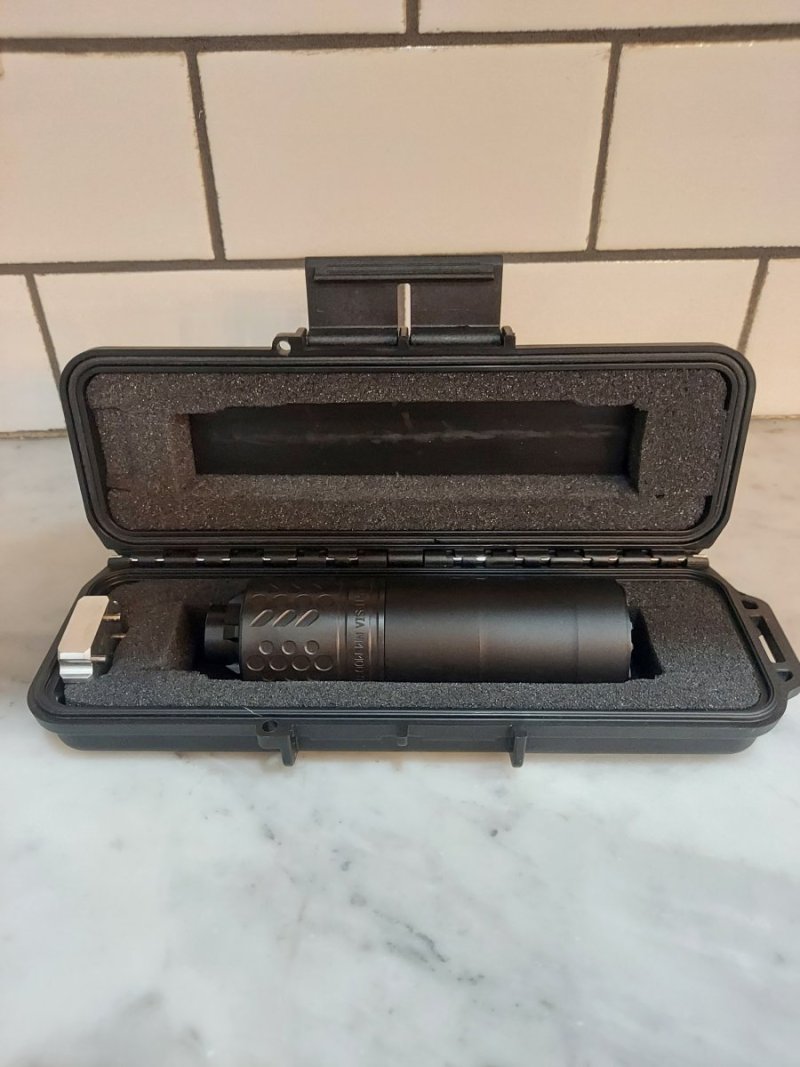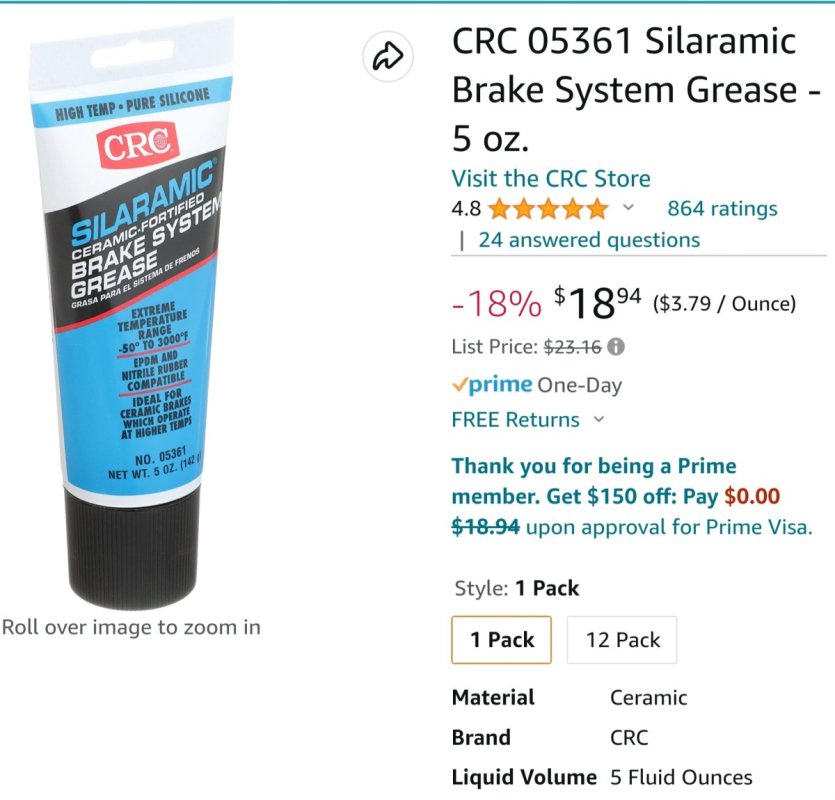and I think the law would regard that as a fraud, a work of fiction, and the legal effect would be that you as the grantor or settlor of the trust have REVOKED IT (which you generally can do, during your lifetime). You revoked it, and the property of the trust became your personal individual property, and then you sold that stuff to the new buyer. ATF could prosecute you for not doing Form 4 transfers and paying the tax on that transfer back to yourself.
Navigation
Install the app
How to install the app on iOS
Follow along with the video below to see how to install our site as a web app on your home screen.
Note: This feature may not be available in some browsers.
More options
-
ODT Gun Show & Swap Meet - May 4, 2024! - Click here for info
You are using an out of date browser. It may not display this or other websites correctly.
You should upgrade or use an alternative browser.
You should upgrade or use an alternative browser.
Would you ever consider buying a whole trust?
- Thread starter NWSharpshooter
- Start date
I think what Lazarus was suggesting was, if you have a single item in your trust, or multiple items that you find a wiling buyer for, you make the new person the sole trustee, name his people as beneficiaries, take your beneficiaries off the trust, and take yourself off the trust.
So what he (the new guy) does with the "trust" and all the NFA weapon in it is his business, no longer your concern. You were paid, as compensation for transferring the entire trust and all its assets to him.
Is that legal though? Seems like a pretty simple and quick way to get NFA items.
If it was legal and I had the cash I would do it in a heart beat.
It sounds like fraud to me. Remember, a trust HAS to have beneficiaries-- people that will get the weapons when the trust wraps up and distributes its assets.
Those beneficiaries have a legal right to expect the trustee to manage the trust in their interests. If the trustee sells the trust to a stranger and the beneficiaries are SOL, they have a cause of action against the trustee. Even if the beneficiaries are your family and they wouldn't sue you, I think that's enough of a swindle and a con game against the government to get you in trouble w/ ATF.
No. 99.9% of gun trusts are revocable. The trustee of a revocable trust can amend it at any time. The trustee can add or remove beneficiaries. The removed beneficiary has no legal recourse against the trustee. Beneficiaries are written out of trusts every day.
What you are saying would mean my clients cannot change their beneficiaries. They absolutely may change their beneficiaries.
You could do it and save the transfer fees. Just have to make sure to update the trust properly.
So this is doable then?No. 99.9% of gun trusts are revocable. The trustee of a revocable trust can amend it at any time. The trustee can add or remove beneficiaries. The removed beneficiary has no legal recourse against the trustee. Beneficiaries are written out of trusts every day.
What you are saying would mean my clients cannot change their beneficiaries. They absolutely may change their beneficiaries.
HeavyD, we all agree what the general rule is.
But I'm saying if you try to "get away with something" on a technicality of trust law ( even if what you are proposing is not forbidden by either state law or the uniform trust code) the Feds and courts can see-through the scam and label the transaction as what it really is.
And what we're talking about here is selling the assets of the trust without any benefit to the beneficiaries of the trust, which would in my opinion be treated as a revocation of the trust. Your actions in doing this and basically selling the trust and its assets to a stranger would be a form of fraud against the government.
You would not only be denying the Treasury department the $200 transfer tax, but you would also be avoiding the registration process and the background check required by federal law. That's a public safety-minded goal that is written into the tax law (NFA). The whole intent and purpose behind the national firearms act as amended and especially as recently amended by rule 41F and 41P is that registration is important and background checks for trustees (and settlors of revocable trusts) are important.
The courts are authorized to disregard your attempt to characterize the transaction as something that it is not.
Even the US Supreme Court has ruled when it comes to federal tax statutes agencies can treat the *substance* of it over the *form* of it.
See above screen shot of one page of a 13-page Treasury memo from, I think, 2001.
"Mere technical compliance with a state's corporate, partnership or trust law, however, may be ineffective under the tax law: When challenging these arrangements, the IRS and courts scrutinize the substance, not merely the form, of such transactions."
That's a quote from an article on the website of a tax professional.
http://www.taxprophet.com/archives/faq/faqjul06.html
That's a quote from an article on the website of a tax professional.
http://www.taxprophet.com/archives/faq/faqjul06.html
But, when I'm ready to buy a .30 caliber rifle silencer, I'd be willing to try this and see if ATF will let us get away with it. I'd just need to find a private-party seller here in Georgia who has only one item in his trust, that .30 cal / 7.62 x 51 rated can, and I'll "buy the trust" and immediately send ATF a letter asking that they update the records to show I'm the new Trustee and the item will now be located at my address, not the former Trustee's address. I'll explain that I am taking over the trust and the old trustee is off it, and my beneficiaries have been substituted for his beneficiaries. We'll see how ATF reacts to that. Worst-case realistic scenario is that ATF says "Like hell, you say!" and makes me add it to MY OWN trust, under a Form 4 transfer, intrastate, $200 NFA tax-paid.
Similar threads
- Replies
- 1
- Views
- 157
- Replies
- 7
- Views
- 178
- Replies
- 11
- Views
- 392








